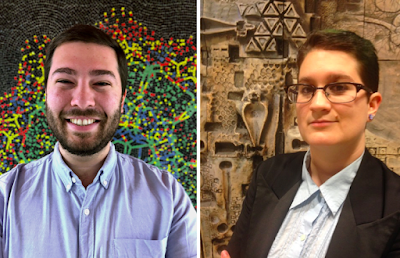Neurodevelopmental Disability on TV: Neuroethics and Season 1 of ABC’s Speechless

By John Aspler and Ariel Cascio John Aspler, a doctoral candidate in Neuroscience at McGill University and the Neuroethics Research Unit , focuses on the experiences of key stakeholders affected by fetal alcohol spectrum disorder, the way they are represented and discussed in Canadian media, and the potential stigmatization they face given related disability stereotypes. Ariel Cascio, a postdoctoral researcher at the Neuroethics Research Unit of the Institut de recherches cliniques de Montréal, focuses primarily on autism spectrum conditions, identity, subjectivity, and biopolitics. Introduction Television can be an important medium through which to explore cultural conceptions of complex topics like disability – a topic tackled by Speechless , a single-camera family sitcom. Speechless tells the story of JJ DiMeo, a young man with cerebral palsy (CP) portrayed by Micah Fowler, who himself has CP. The show focuses on JJ’s daily life as well as the experiences of his parent...


